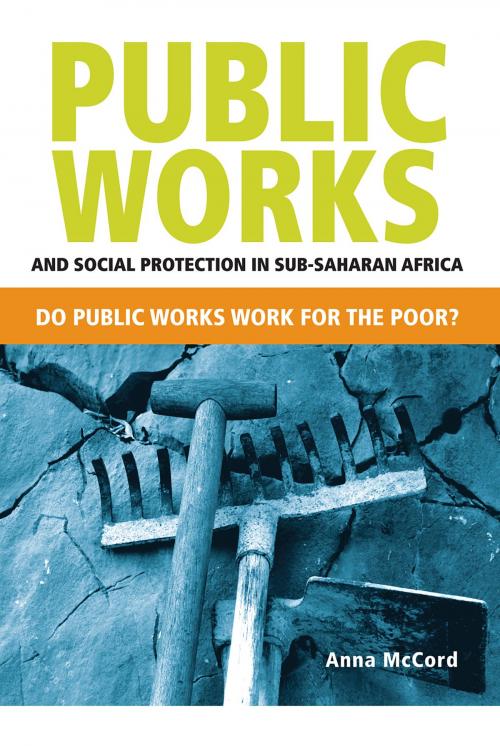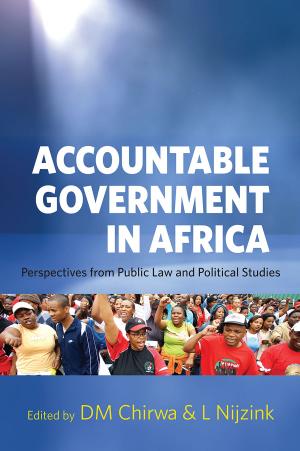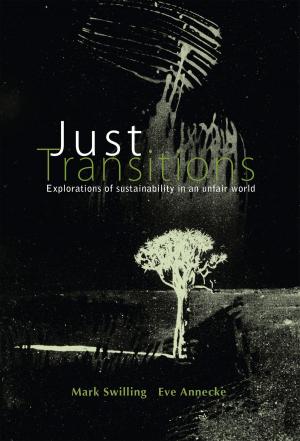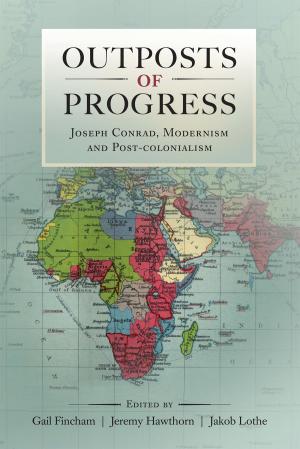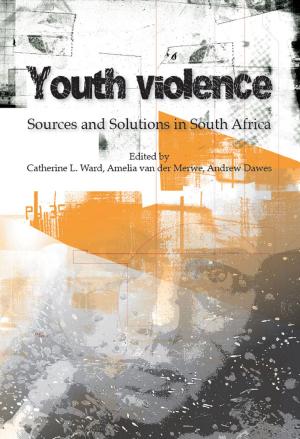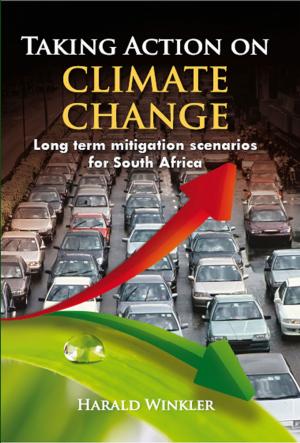Public Works and Social Protection in sub-Saharan Africa
Do public works work for the poor?
Nonfiction, Social & Cultural Studies, Political Science, Politics, Social Services & Welfare, International| Author: | Anna McCord | ISBN: | 9781920541293 |
| Publisher: | University of Cape Town Press | Publication: | August 31, 2017 |
| Imprint: | University Of Cape Town Press | Language: | English |
| Author: | Anna McCord |
| ISBN: | 9781920541293 |
| Publisher: | University of Cape Town Press |
| Publication: | August 31, 2017 |
| Imprint: | University Of Cape Town Press |
| Language: | English |
Public Works Programmes (PWPs) are widely implemented throughout Asia, Latin America and Africa, often with funding from major international donor agencies. They are perceived to present a "win-win" policy option, providing employment to the chronically poor while also creating assets for the state, and in this way offering a welfare transfer which is also a tangible economic investment. This book critically explores the concept of the Public Works Programme (PWP) and interrogates its social protection performance in the context of chronic poverty. It reviews over 200 PWPs in eastern and southern Africa using original research drawn from extensive field analysis, interviews and survey work, and examines case studies of six international PWPs – in India, Argentina, Ireland, Ethiopia, Indonesia and the USA. The author explores the function and limitations of PWPs, and outlines major programme choice and design issues, drawing lessons from the international context, and challenging the assumptions underlying these policy preferences, thus opening the way for more informed and appropriate policy selection. The book makes a case for a reconsideration of the function of PWPs in the current social protection discourse, and argues that the current PWP approach may not look so attractive from the beneficiary's perspective.
Public Works Programmes (PWPs) are widely implemented throughout Asia, Latin America and Africa, often with funding from major international donor agencies. They are perceived to present a "win-win" policy option, providing employment to the chronically poor while also creating assets for the state, and in this way offering a welfare transfer which is also a tangible economic investment. This book critically explores the concept of the Public Works Programme (PWP) and interrogates its social protection performance in the context of chronic poverty. It reviews over 200 PWPs in eastern and southern Africa using original research drawn from extensive field analysis, interviews and survey work, and examines case studies of six international PWPs – in India, Argentina, Ireland, Ethiopia, Indonesia and the USA. The author explores the function and limitations of PWPs, and outlines major programme choice and design issues, drawing lessons from the international context, and challenging the assumptions underlying these policy preferences, thus opening the way for more informed and appropriate policy selection. The book makes a case for a reconsideration of the function of PWPs in the current social protection discourse, and argues that the current PWP approach may not look so attractive from the beneficiary's perspective.
